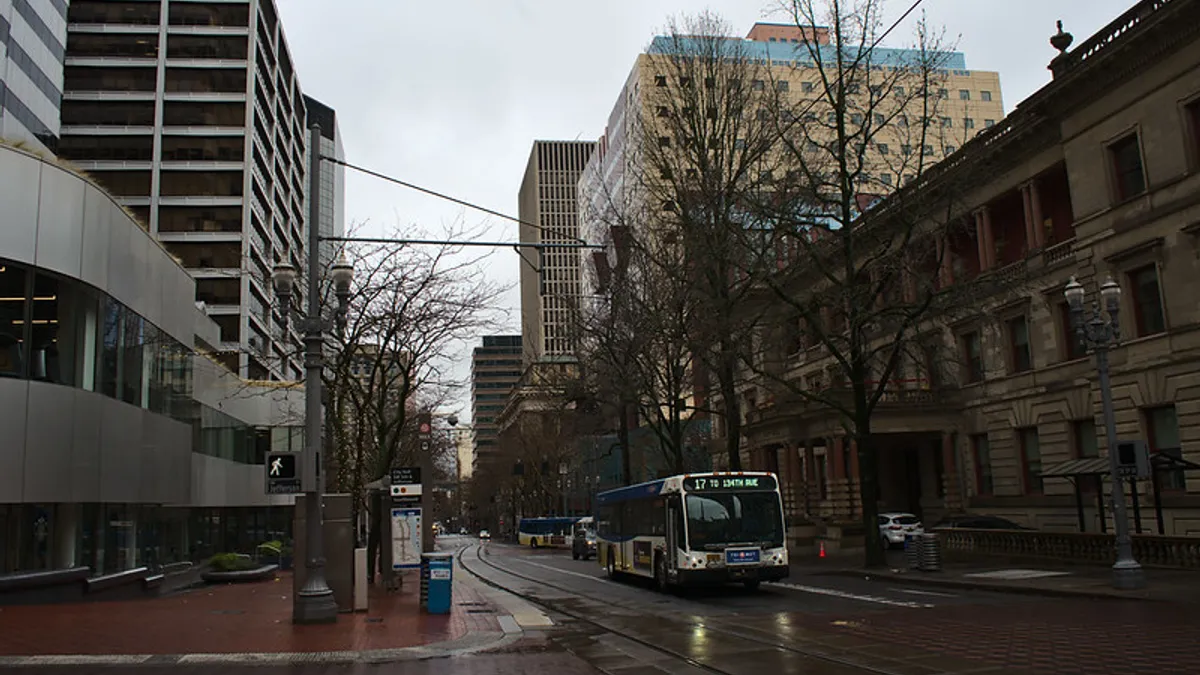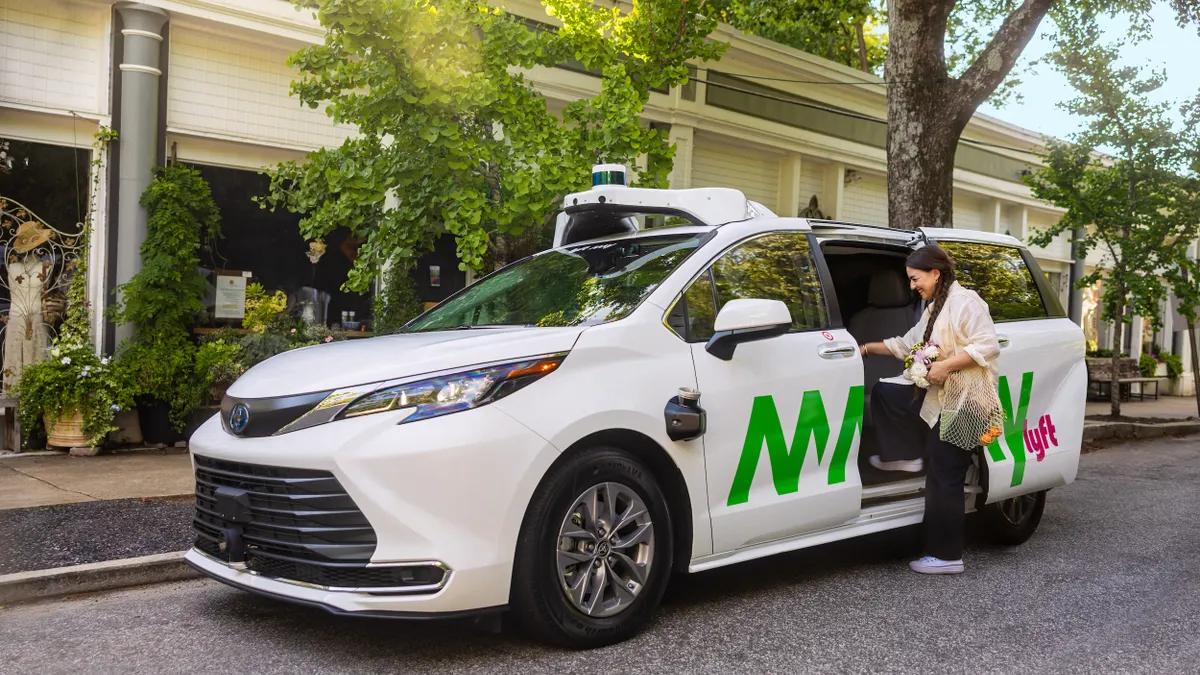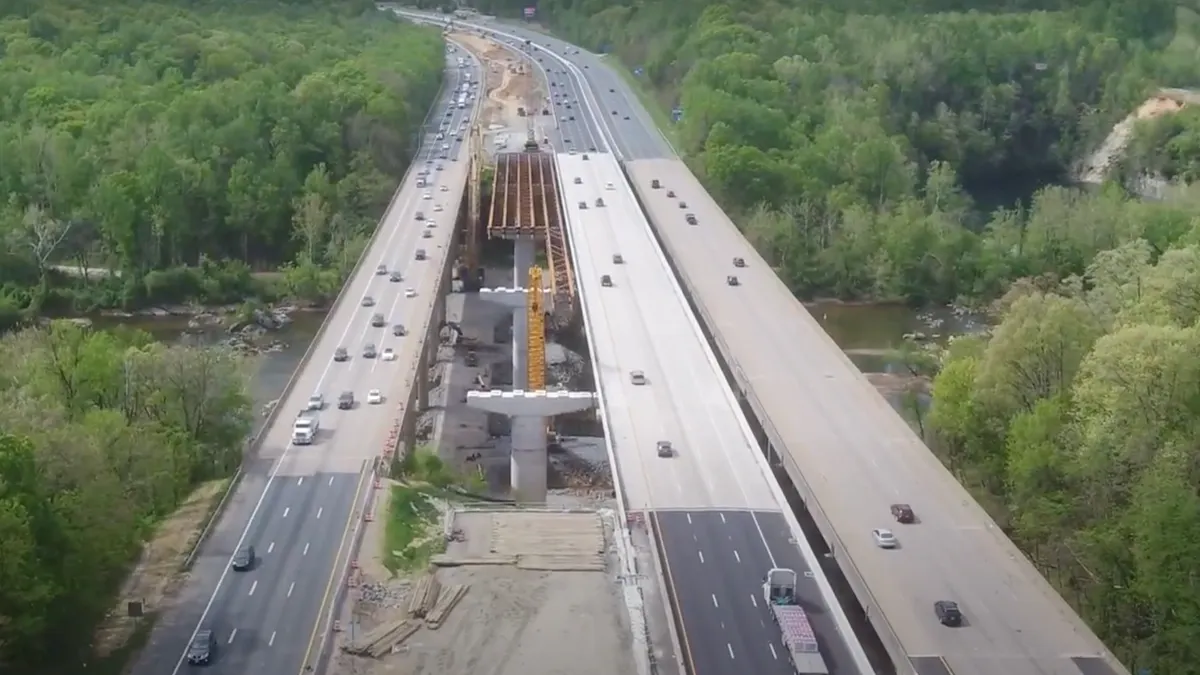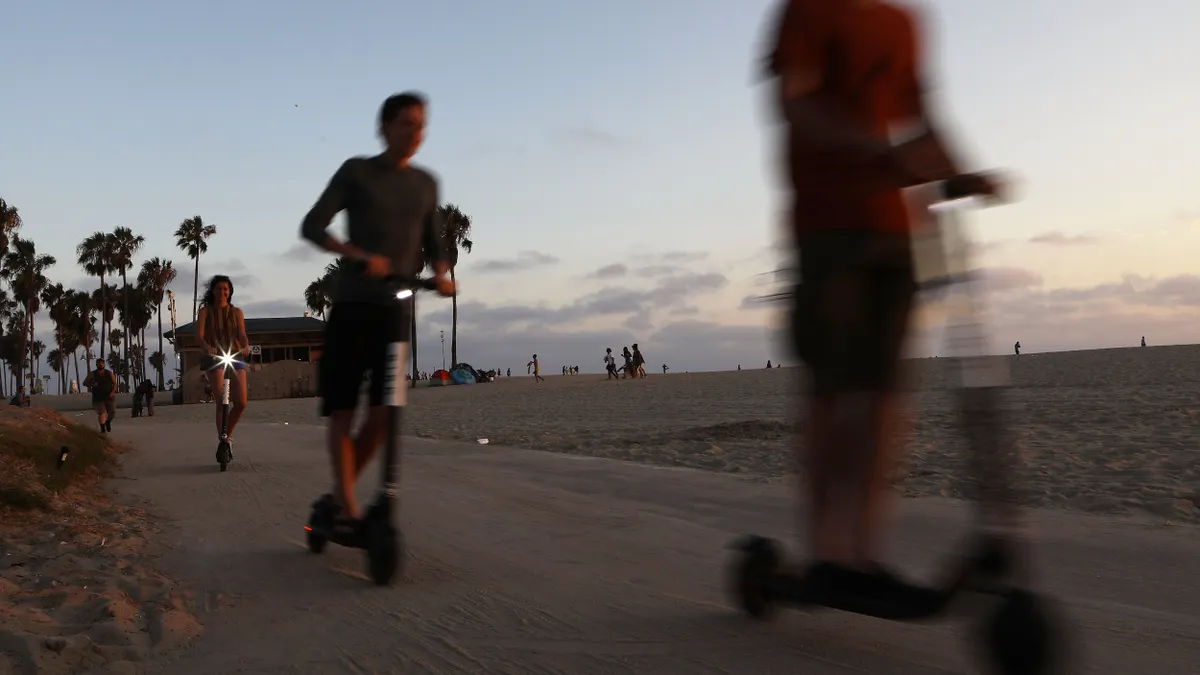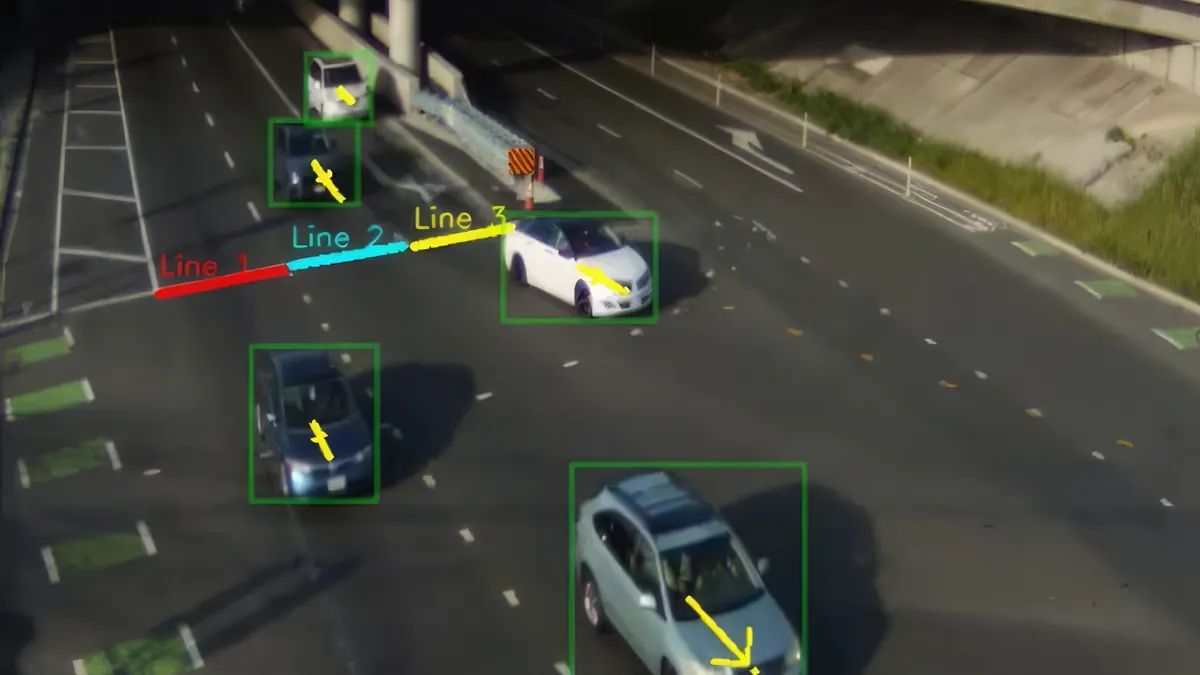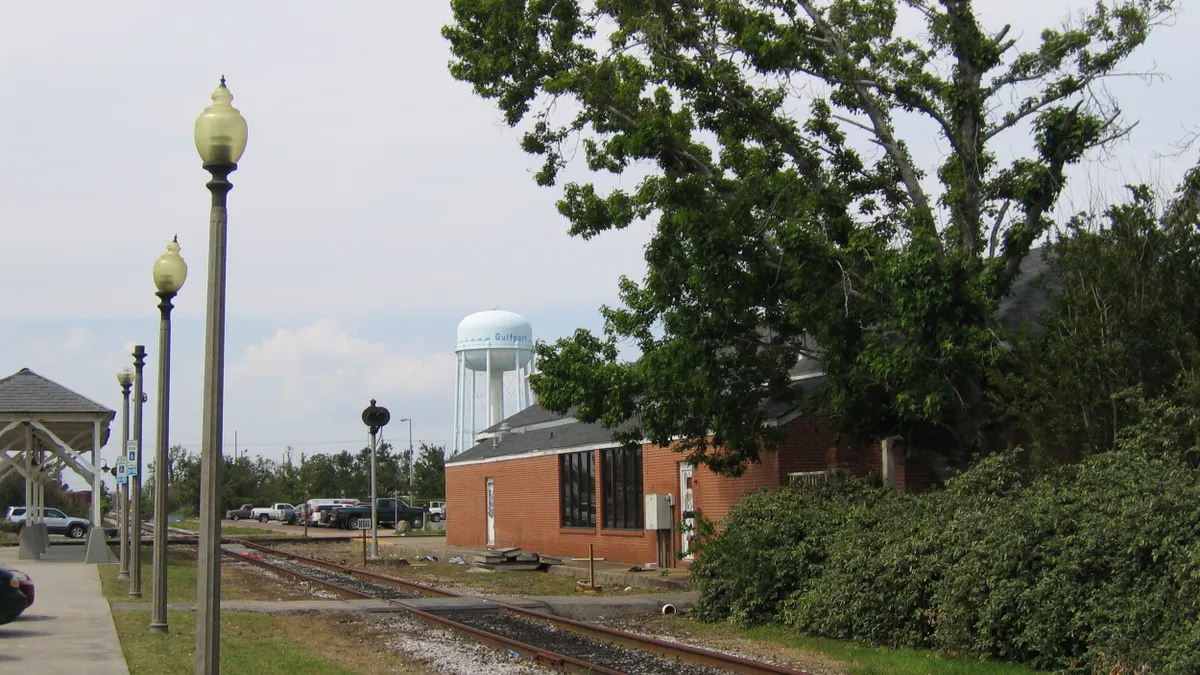Another smart city project tied to Sidewalk Labs has come to an early close.
RedTail Media reporter Kate Kaye first reported in late February that Portland Metro had severed ties from its smart city work with Sidewalk Labs spin-off company Replica.
Portland Metro began working with Replica, which separated from Sidewalk Labs in September 2019, to provide insight into how local residents moved throughout the Portland, OR region, kicking off the project in April 2019.
But the partnership ended roughly two years later due to disagreements over data privacy, a sticking point that has become increasingly common in smart city projects, and an issue that experts say local leaders and their private partners can take note of to learn from and improve future collaborations.
Data disagreements
Replica’s work in the Portland area — originally projected to cost $500,000 for a one-year pilot — was born out of networking conversations with Sidewalk Labs at a Portland transportation conference in late 2018, a Replica spokesperson said in an email.
The regional government entity wanted to tap Replica’s software, which uses "de-identified" mobile location data to understand how people move throughout cities. Essentially, the software tool can help cities predict what modes people will use to travel throughout the city, when they will travel, and the purpose of that travel, which can help inform decisions tied to congestion, bike lanes, infrastructure investments and more.
The software creates a "replica of a given place at a given time, across lots of different aspects of the built environment," said Replica CEO Nick Bowden. The company's customers, which include dozens of agencies throughout the country, consume modeled or replica outputs, according to Bowden. "We don't pass through raw data," he said.
That distinction appears to be a source of conflict between Replica and Portland Metro.
"Portland Metro wanted to see raw, identifiable data; however, sharing raw, identifiable data is antithetical to Replica's privacy ethics and principles," a Replica spokesperson wrote.
"At Replica, we believe better insights should not come at the cost of personal privacy. We were not willing to compromise on our privacy principles, which frustrated our Portland Metro client and ultimately led to an early end to the project," the spokesperson continued.
Portland Metro told Smart Cities Dive in an emailed statement that it ended its relationship with Replica "after review of the draft data" and said they "wish Sidewalk Labs the best with its future work."
'Privacy can't be an afterthought'
The split between Replica and Portland Metro has echoes of the privacy concerns surrounding the Sidewalk Labs' now-defunct Quayside project on the Toronto waterfront.
After much hype, Sidewalk Labs ended its projected $1.3 billion initiative last spring due to "unprecedented economic uncertainty" following the onset of the coronavirus. By that time though, the project had developed fierce opposition from local activists, who cited concerns about how the private sector-led project would intrude into people's everyday lives.
"I think there was both that naivete [and] kind of an arrogance of, 'Oh we're Google, just trust us... Everything will be fine.' People are worried about their privacy. There's a lot of distrust out there," said Karen Lightman, executive director of the Metro21: Smart Cities Institute at Carnegie Mellon University. Privacy can't be an afterthought, it needs to be intentional, she said.
That distrust among U.S. residents toward big tech companies has compounded into what some experts have deemed a "techlash."
The concept of smart cities was once largely viewed with "boundless optimism," but now the smart city moniker can sometimes be viewed as a negative, according to Lightman.
As certain smart city projects dissolve — like Replica's work with Portland Metro, Sidewalk Labs' work in Toronto and even Cisco's recent decision to pull the plug on its smart city software — she said there are some lessons to be learned.
"When you're dealing in the public realm, you have to be respectful of the public and that means, the human. You need to build trust and you need to be intentional in building that from the ground from up," Lightman said.
Building trust can come in the form of civic engagement, something the Quayside project received much criticism for lacking.
"I would suggest a shift from driving from a data perspective to more driving from a democratic engagement and legitimacy perspective," Alex Ryan, head of the MaRS Solutions Lab and a consultant on Toronto's Quayside project, said in an earlier interview. "How do you engage citizens more as co-designers of the spaces that they live, work and play in?"
A 'window of opportunity'
But just as city residents may be growing weary of the privacy implications that come with certain smart city initiatives, Replica's Bowden said that there is currently a "window of opportunity" for public-private partnerships to help cities recover from the pandemic.
Given the fundamental changes recently seen in urban mobility patterns, there's a chance to rethink how infrastructure is built, managed and structured, Bowden said.
"When there are tectonic shifts in behavior, I think we want [the] public sector to be on the at least the front edge of those tectonic shifts and not be quite so reactive," Bowden said. "In our particular case, I think there's a real valuable service that we can provide to help these public agencies be on equal footing to some of the private sector agencies that they work with."
And although the past year has seen the toppling of some smart city initiatives, other projects like The Curiosity Lab at Peachtree Corners, GA, and Toyota's Woven City are moving forward with big plans and potential implications for the future of connected cities.



